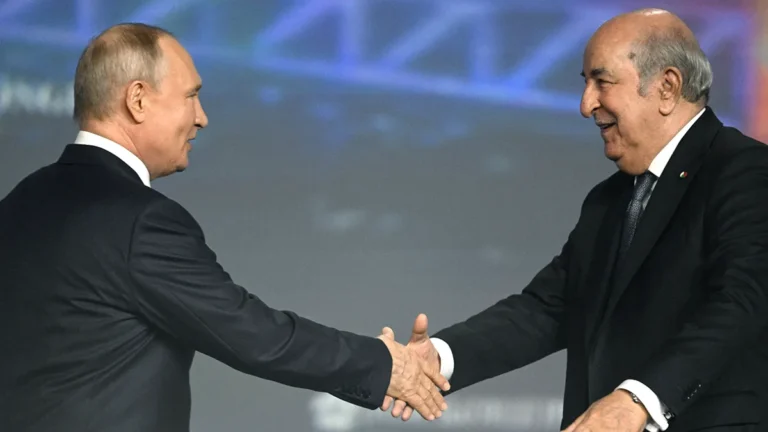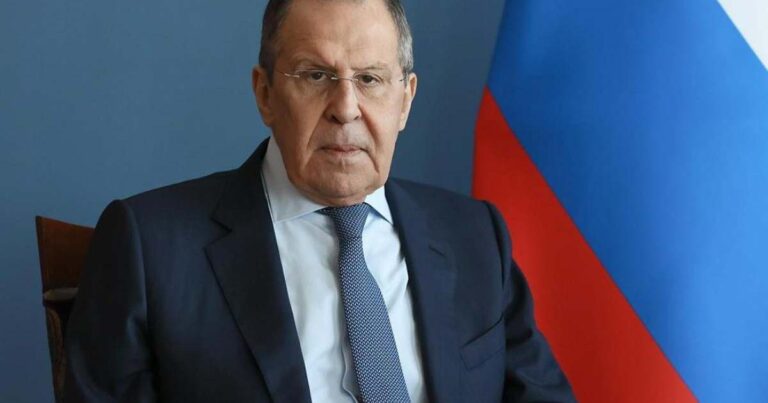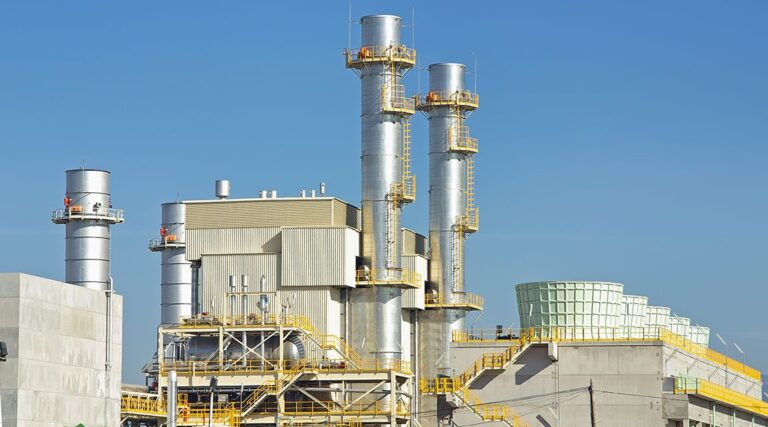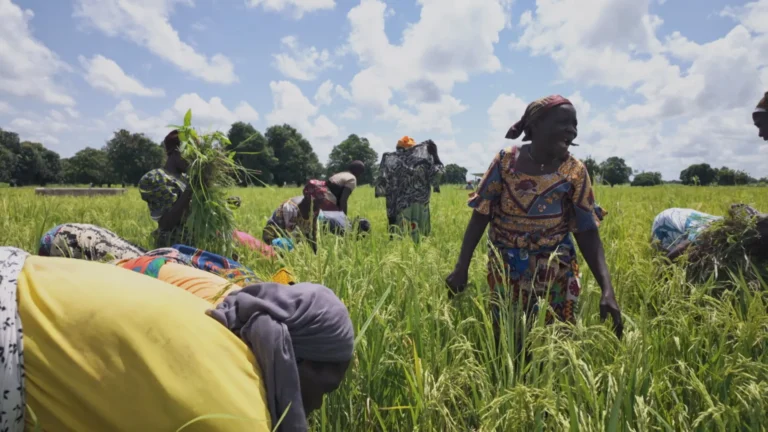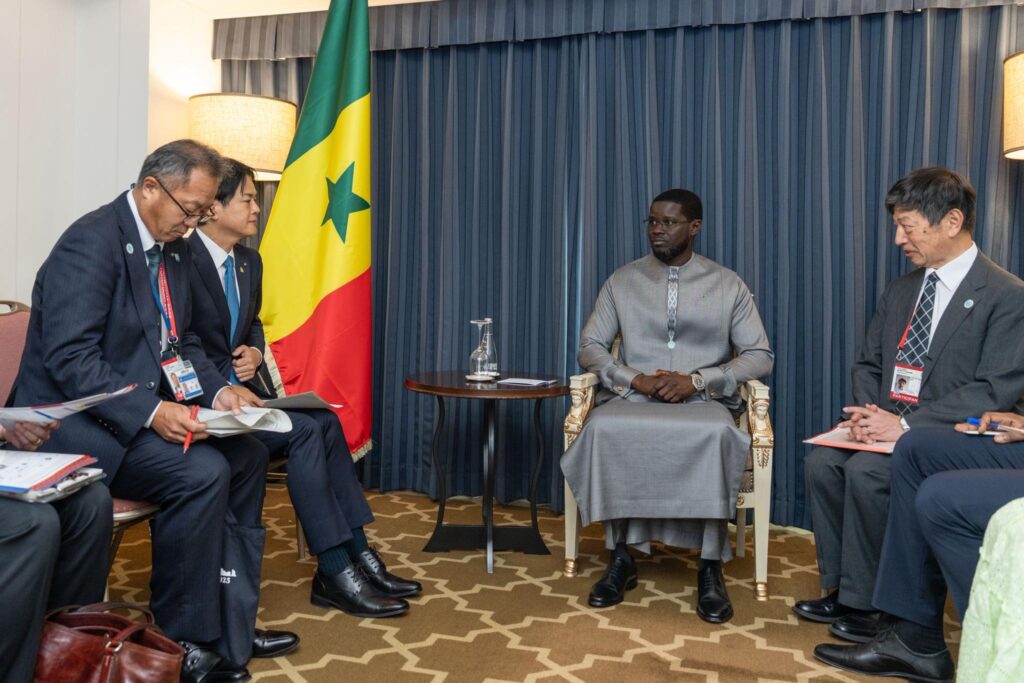
Senegal has leveraged its presence at the 9th Tokyo International Conference on African Development (TICAD) to secure a series of high-impact agreements in training, health, and agriculture, signaling its ambition to become a regional investment hub.
President Bassirou Diomaye Faye concluded three days of intensive negotiations with partnerships worth $100 million and initiatives to locally produce hemodialysis kits.
High-level discussions with Japanese Prime Minister Shigeru Ishiba and Tunisian Prime Minister Sara Zaafarani reinforced Senegal’s commitment to peace, democracy, and international cooperation.
President Faye highlighted vocational training as a “major pillar of development,” drawing inspiration from Japan’s human resource strategies.
A key outcome is the expansion of the Senegal-Japan Vocational and Technical Training Center (CFT) in Diamniadio, aimed at equipping Senegalese youth with advanced technical skills.
The Japan International Cooperation Agency (JICA) has mobilized major industrial players, including Toyota Tsusho, Daikin, Yamaha, Toda, and NEC, to launch a comprehensive programme of skills transfer and training.
Meanwhile, the Japan External Trade Organization (JETRO) intends to strengthen the presence of 25 Japanese companies in Senegal, particularly in digital technology, vocational training, and green energy. Kubota Corporation is preparing to modernize Senegal’s agricultural sector through targeted technological investments.
Financial ambitions were reinforced by Kaiza Doyukai, representing 1,700 Japanese CEOs and 1,000 companies, which plans to increase the African investment fund from $5 million to $100 million in partnership with the African Development Bank. President Faye emphasized: “When we form a partnership with Senegal, we are building a relationship for the future with all of Africa.”
In healthcare, Carrefour Médical and NIPRO Corporation signed an agreement to produce hemodialysis kits locally, reducing costs from 35,000 to 25,000 CFA francs and expanding access to kidney care. Partnerships with the World Food Programme, led by Cindy McCain, focus on school canteens, women’s empowerment, and sustainable water access.
Urban cooperation with Yokohama’s Mayor Takeharu Yamanaka includes water management, waste treatment, urban planning, and port operations, highlighting Senegal’s strategy of sustainable development.
These agreements underscore Senegal’s intent to leverage its political stability, strategic location, and reform-driven business climate to position itself as a West African investment hub, enhancing economic growth and regional integration.
